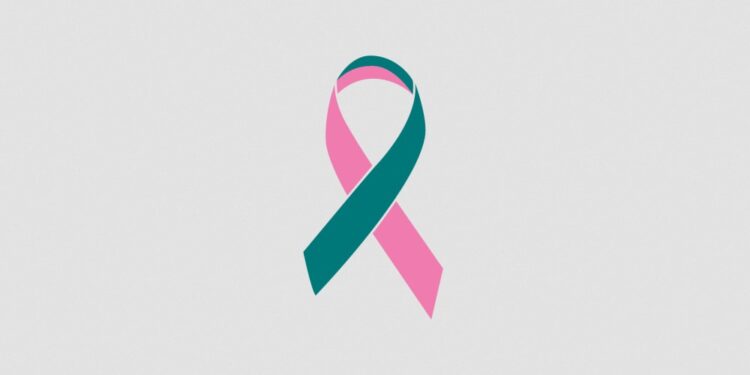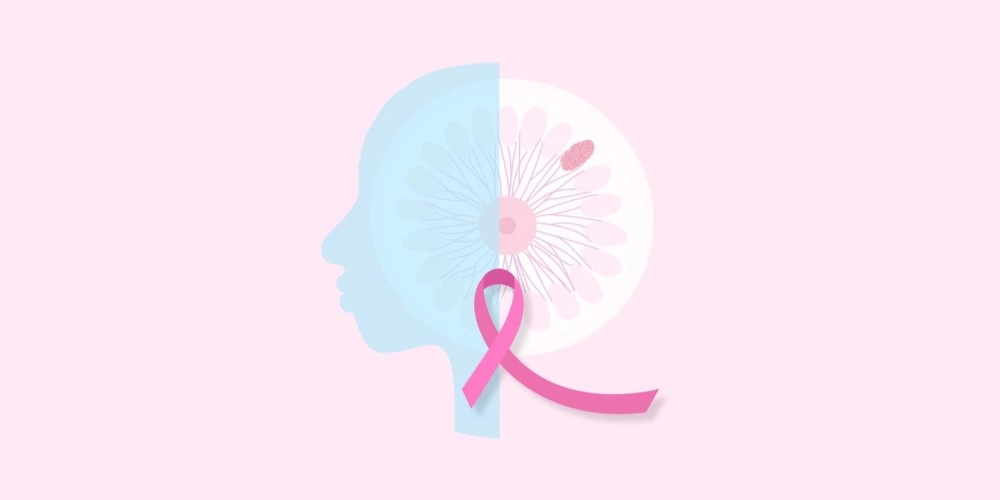The most pedestrian question in the public domain is “when will there be a cure for cancer?” In oncology neoplasm which is a scientific euphemism for cancer cells is defined as an abnormal mass of tissue the growth of which exceeds and is uncoordinated with that of the normal tissues. This definition alone espouses the complexity with which cancer cells presents and which makes this question difficult to answer even though the most fundamental in the medical spheres today.
This fundamentality is exacerbated by the high cancer mortality rates and even further by the emotional and physical sufferings inflicted by neoplasms. In our attempts to answer this simple yet fundamental question we must first emphasize on the need to understand the molecular basis otherwise known as pathogenesis of malignancies in the medical lexicons. This is the first and the most fundamental step in reducing cancer mortality rates and importantly in finding a cure.
While this largely remains a preserve of medical scholars and academics, this article discusses what the public and the government should do in the sidelines. First is awareness, public education by healthcare professionals is important in raising cancer awareness and this should be inspired by conversations that go beyond the month of February. Public education geared towards raising cancer awareness should encompass the following;
- Risk factors including lifestyle choices.
- Clinical manifestations including signs and symptoms.
- The need for early detection and screenings which is the fiercest urgency of today.
In a research conducted in Nigeria, Okobia et al. (2006) discovered that lack of knowledge about breast cancer causes delayed cancer screening and treatment among the Suburban Nigerian women. The research also showed that the women’s knowledge of was low with only 21.4% of them who knew that breast cancer can be detected from abnormal lumps in the breast or with the darkening of the breast areola. Educated and working women were also found to have higher knowledge of breast cancer.
Extrapolating data from this research we can comfortably argue that the prevalence and incidence of cancers in the educated masses is less compared to the uneducated or the less educated masses of our population. This is however contradicted by some other facts that even the educated remained less informed. Prof. Anyang Nyong’o, for example openly admitted his ignorance of PSA after he was diagnosed with prostate cancer despite being the Minister for Health of Kenya.
Public education both to the educated and the uneducated is therefore critical in reducing cancer related mortalities. The importance of awareness is hinged on the fact that early diagnosis and screening has shown a decrease in the number of cancer related mortalities. A breast mastectomy procedure for example can be done prophylactically in women with the BRCA1 gene and hence genetic predisposition to breast cancer. This however can only be achieved with early diagnosis.
Cancers detected at early stages also have good prognosis and even the treatment modalities and procedures involved are not as exorbitant and as debilitating as the procedures including the drugs used for cancers that are detected in their advanced stages. Conversations around cancer awareness should be directed by healthcare professionals and the conversation scope should be broadened to include lifestyle modification and the most common signs and symptoms of cancers.
Cigarette smoking has been implicated in the etiology of many cancers including lung cancer, debates how to promote cigarette smoking cessation are therefore pivotal and encompass the lifestyle choices that should form part of the awareness campaigns. Dietary patterns have also been implicated in some cancers including colorectal cancer and should bulk content of the awareness campaigns.
Knowledge and awareness which inform early screenings are however insufficient, especially in our healthcare setup which is inadequately equipped. The government should therefore prioritize on building and equipping more cancer centers both with modern oncology equipment and with trained and qualified personnel to drive the day to day operations of these centers. The government should also promote research in oncology focusing on the epidemiologic studies which is critical in understanding the etiologic patterns.
The government should also ensure that comprehensive cancer centers are built and well equipped across the country. Cancer treatment and management is also not very affordable to the average citizen and is currently a preserve of the deep pocketed who can afford trips abroad rendering the poor hopeless and to the ugly jaws of the grim reaper. Its therefore important that the government formulates an insurance cover that will make cancer treatment accessible and more affordable to all citizens.

































































































































































































